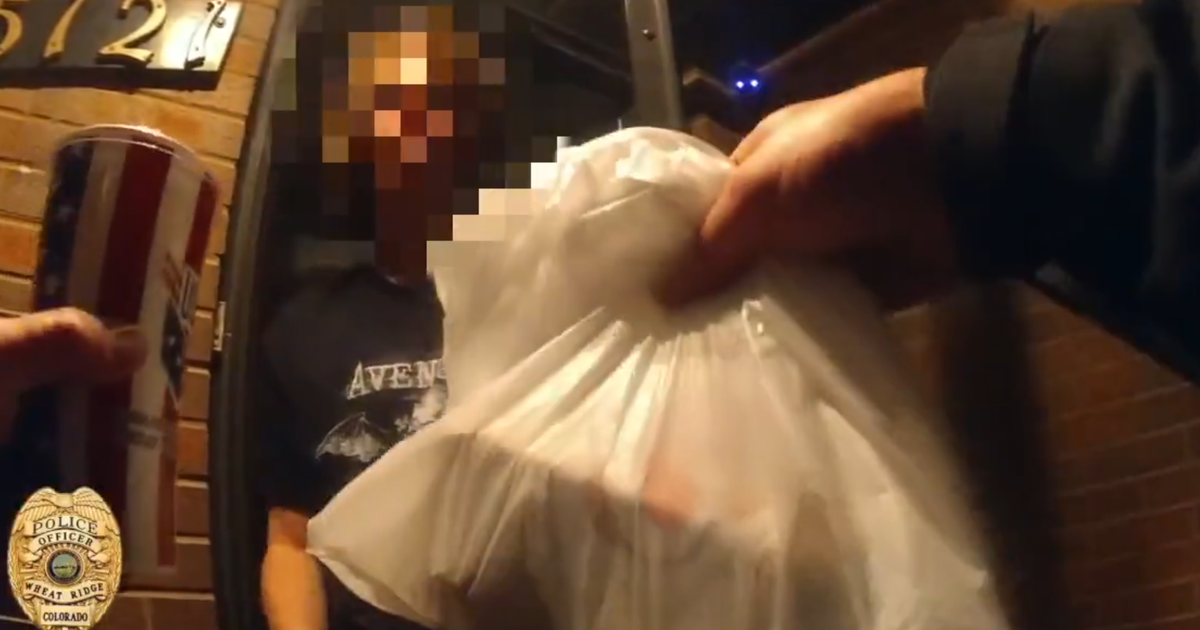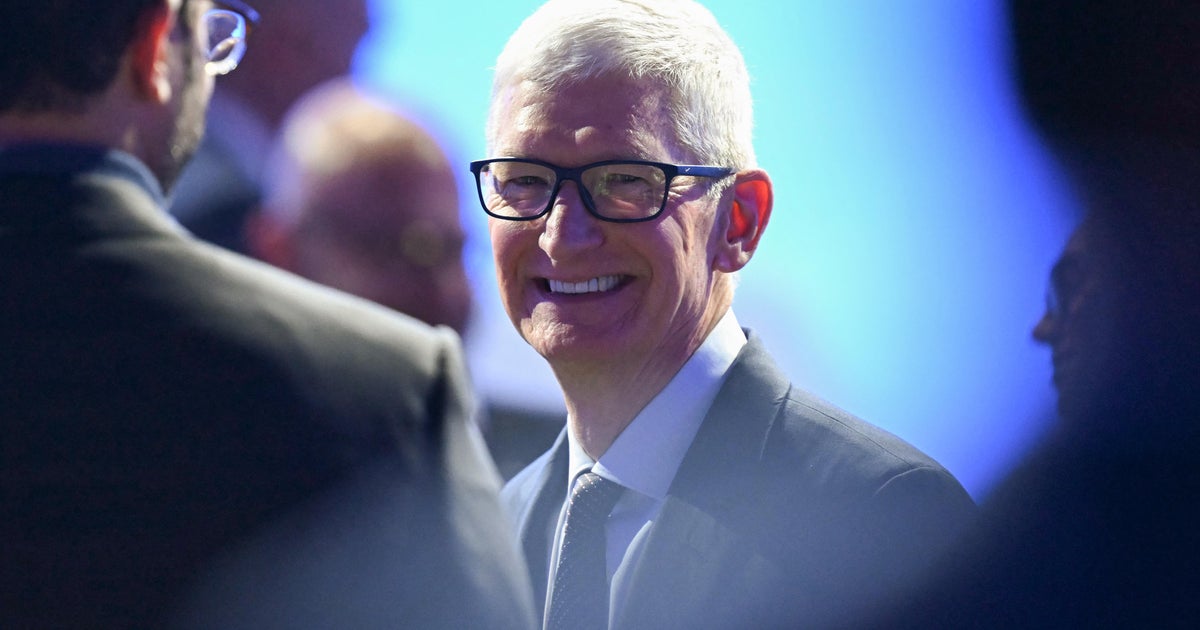DoorDash shares rise 80% in one of the hottest IPOs of 2020
Shares of DoorDash shot up 80% when they began trading for the first time on Wednesday afternoon.
The initial public offering, one of the hottest of 2020, caps a year of explosive growth for the food delivery company. It also defies critics who warned that the company was overvalued and may have trouble keeping its momentum going if demand for food delivery eases in a post-pandemic world.
David Trainer, CEO of investment research firm New Constructs, called DoorDash the "most ridiculous" IPO of 2020. "DoorDash's IPO holds no value and the company may never be profitable," Trainer said in a note to clients last week.
DoorDash, which is based in San Francisco, raised $3.4 billion in its Wednesday offering. The shares were priced at $102 each late Tuesday, but rose sharply to $185 when they began trading on Wednesday. At that price, the company has a market value of $62 billion, about 10 times that of food delivery app GrubHub, and more than four times the pizza chain Domino's.
DoorDash was born in 2013, when CEO Tony Xu and some classmates at Stanford University set up a website and posted local menus. After a few hours, they got their first order: pad thai with prawns and a side of spring rolls.
Customers have placed more than 900 million orders since then. DoorDash now offers delivery from 390,000 merchants in the U.S., Canada and Australia. Powering that service are 1 million delivery drivers, who are classified as independent workers and not considered DoorDash employees.
DoorDash was already growing before the pandemic thanks to customers' growing preference for dining at home. Between 2018 and 2019, its revenue more than tripled to $885 million.
But lockdown orders and the closure of indoor dining have made DoorDash indispensable for many restaurants and diners this year. DoorDash reported revenue of $1.9 billion in the first nine months of 2020 alone.
A history of losses
The company's growth hasn't come without headaches. DoorDash has lost money in every year since its founding, citing the cost of developing its platform and expanding into new markets. Last year, for example, it spent $410 million to acquire Caviar, an upscale rival.
DoorDash reported a net loss of $667 million in 2019 and lost $149 million in the first nine months of 2020. The company said it turned a profit of $23 million in the second quarter this year, but followed that with a $43 million loss in the third quarter.
In a government securities filing, DoorDash said it expects to continue to spend heavily as it tries to expand internationally and add non-food businesses to its platform. DoorDash is also candid about the impact of the coronavirus, saying it expects its growth rate to slow in the coming quarters as the pandemic ends.
Before the pandemic, 63% of U.S. restaurant traffic — including visits to fast food outlets and food trucks — consisted of picking up food to eat elsewhere. In the second and third quarters of this year, that had jumped to 90%, and it may stay elevated even when the pandemic ends, according to Hudson Riehle, a senior vice president with the National Restaurant Association.
DoorDash now controls 50% of the U.S. food delivery market. Its chief rival, Uber Eats, holds 26%, while GrubHub has 16%. That's a change from 2018, when GrubHub was the market leader with 39% share and DoorDash held 17%.
DoorDash pulled ahead by concentrating on suburbs and smaller cities while its rivals stayed mainly in big cities, said Mark Shmulik, an analyst with Bernstein. Skeptics thought the economics of food delivery would fall apart in less dense areas, because there was lower demand. But suburban families put in larger orders and drivers encountered more predictable traffic and parking so they could deliver more efficiently, Shmulik said.
Davidson analyst Tom White, who has a "buy" rating on DoorDash's stock, said the company's strong market share gains and future possibilities, including grocery and retail delivery, outweigh the risk of slower growth once the pandemic subsides. White says DoorDash also has the most variety in its menu listings, giving it less exposure to any one restaurant chain's fortunes.
Restaurants grouse over commissions
Some independent restaurants have been vocal critics of the company, saying its commissions — which can approach 30% — are being promised. DoorDash says it reduced commissions for the smallest restaurants during the pandemic, but the fees will likely remain an issue.
Several cities, including New York and Chicago, and the states of New Jersey and Washington have temporarily capped fees that delivery companies can charge restaurants. DoorDash says those caps simply force it to charge consumers more.
Some restaurants are banding together to provide their own delivery. Around 25 restaurants have signed up with DC To-Gogo, one such effort in Washington, D.C. But other restaurants have created virtual kitchens or "ghost kitchens," succumbing fully to the delivery economy.
Xu, who washed dishes in a Chinese restaurant when he was growing up, insists DoorDash is trying to help small businesses compete in a world where consumers want the convenience of app-based delivery.
"Helping brick-and-mortar businesses compete, succeed and flourish in these rapidly changing times is the core problem we are trying to solve," Xu wrote in a filing ahead of the IPO.
Rick Camac, dean of restaurant and culinary management at the Institute of Culinary Education, said restaurants and food delivery companies are still trying to work out the economics of delivery.
"They haven't figured out how to make money in this world, either, and yet we're pressuring them to charge less," he said.
DoorDash has also taken some heat from drivers. Last month, it agreed to pay $2.5 million — most of it to drivers in Washington — to settle a lawsuit alleging that it misled customers about its tipping policy. Under a previous pay model, tips offset the base pay DoorDash offered driver.
But the company won a victory in November when California voters passed a ballot measure, bankrolled by DoorDash, Uber and Lyft, that said the platforms' workers should continue to be classified as independent contractors. The state's lawmakers had tried to force companies to treat those workers as full employees and pay them benefits such as minimum wage, sick pay, workers' compensation and unemployment insurance.



